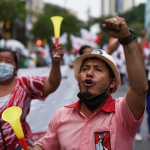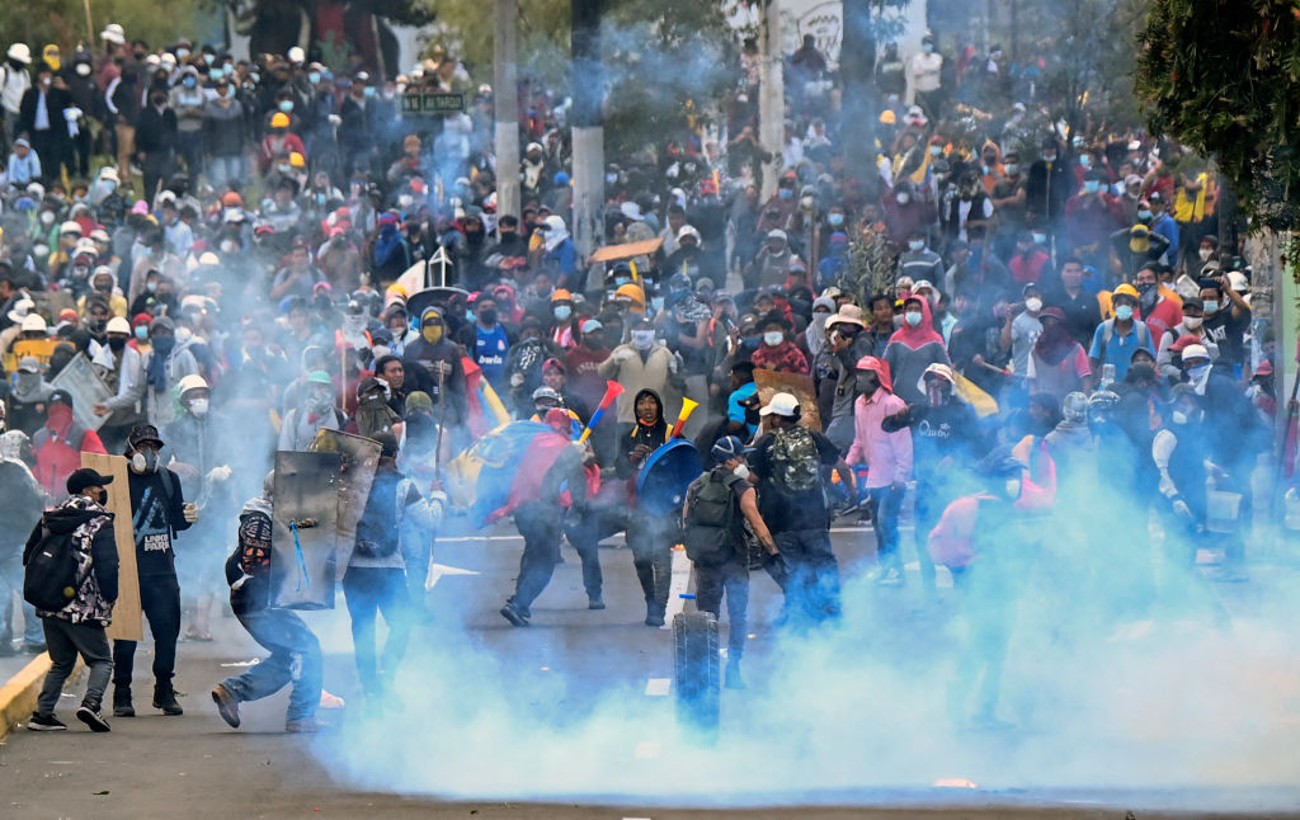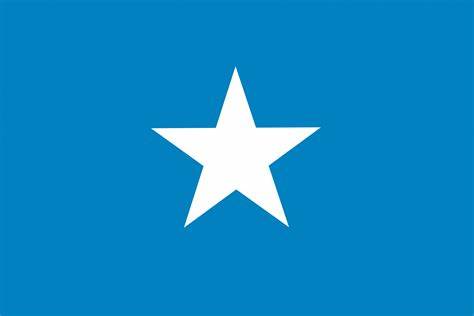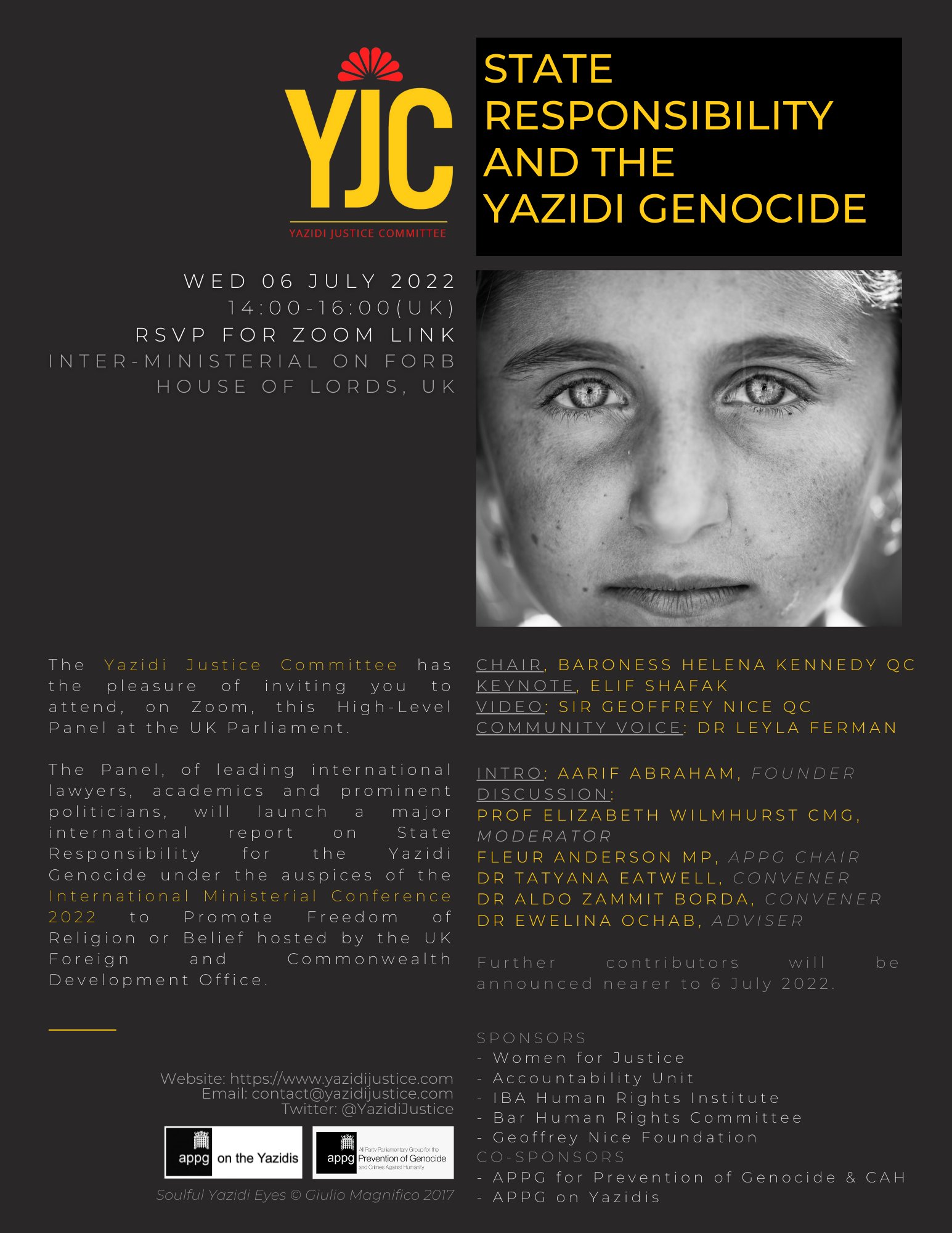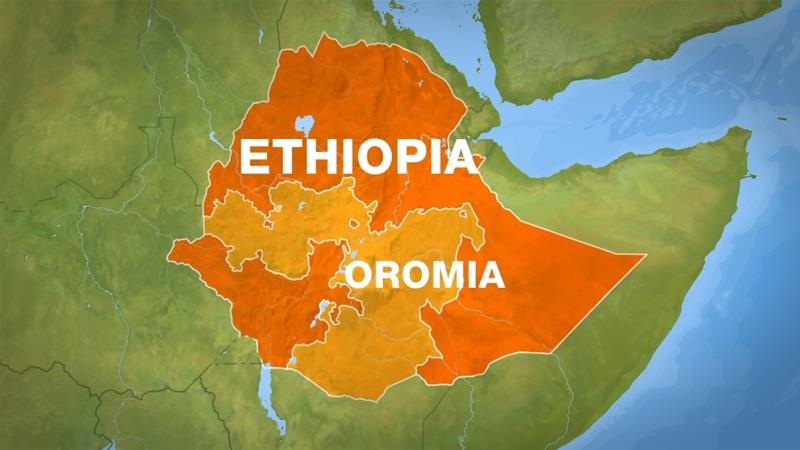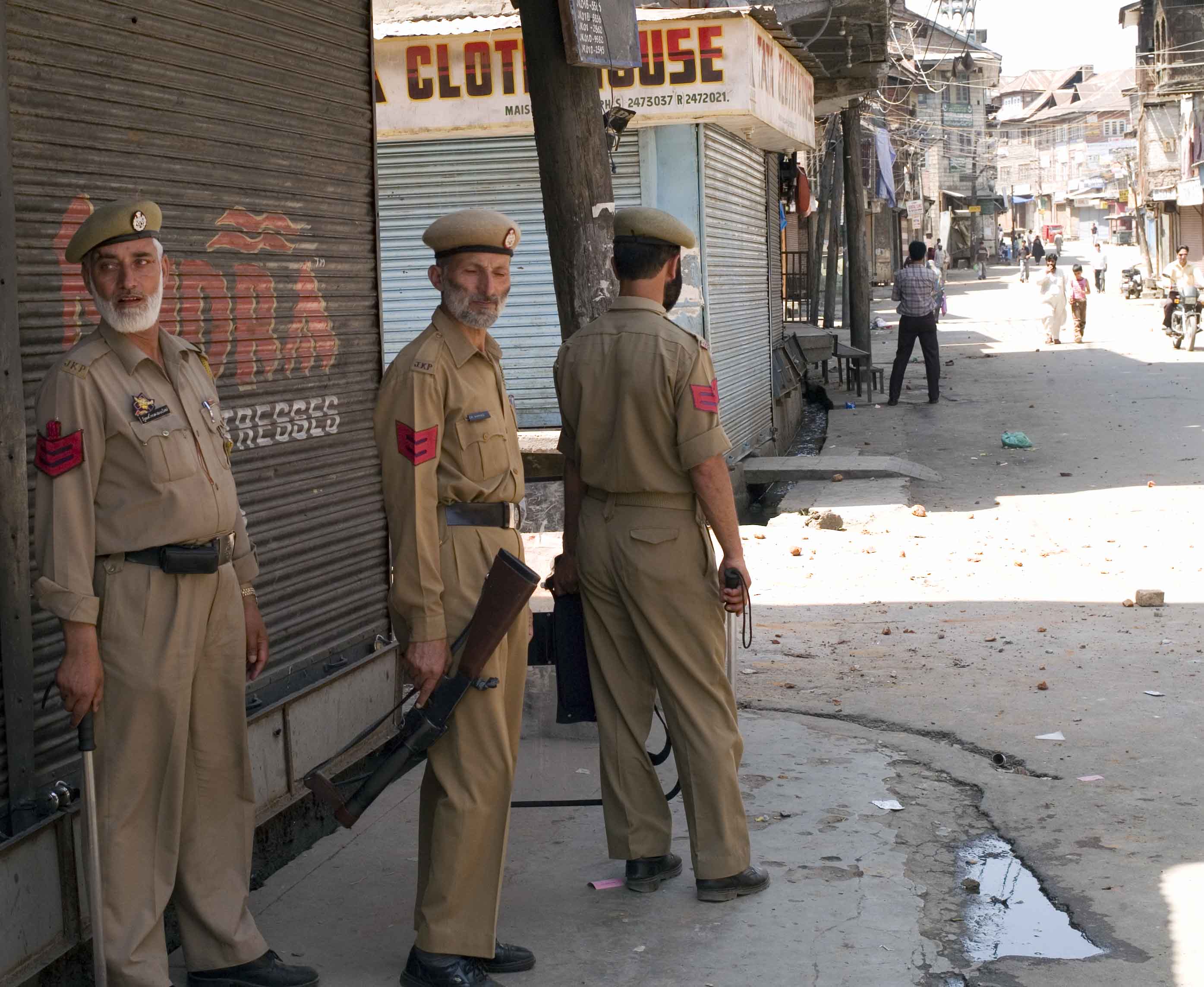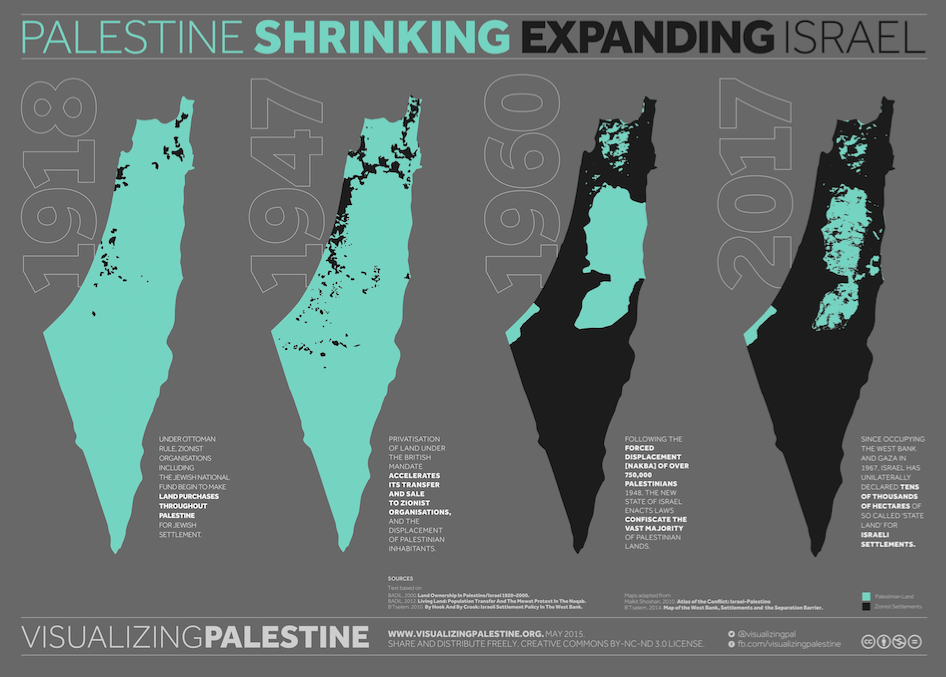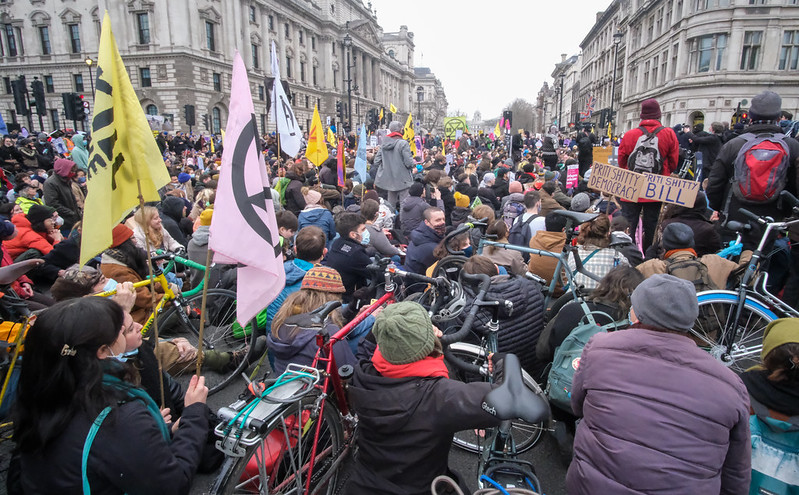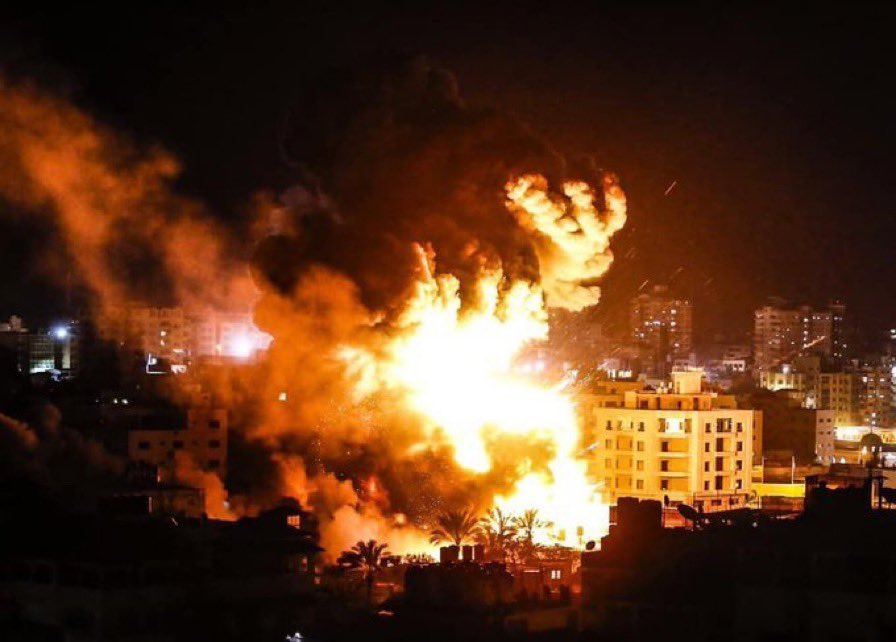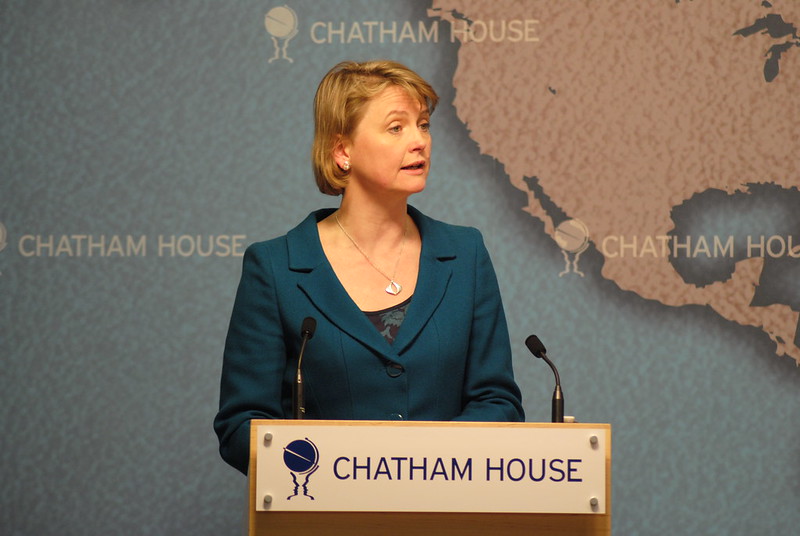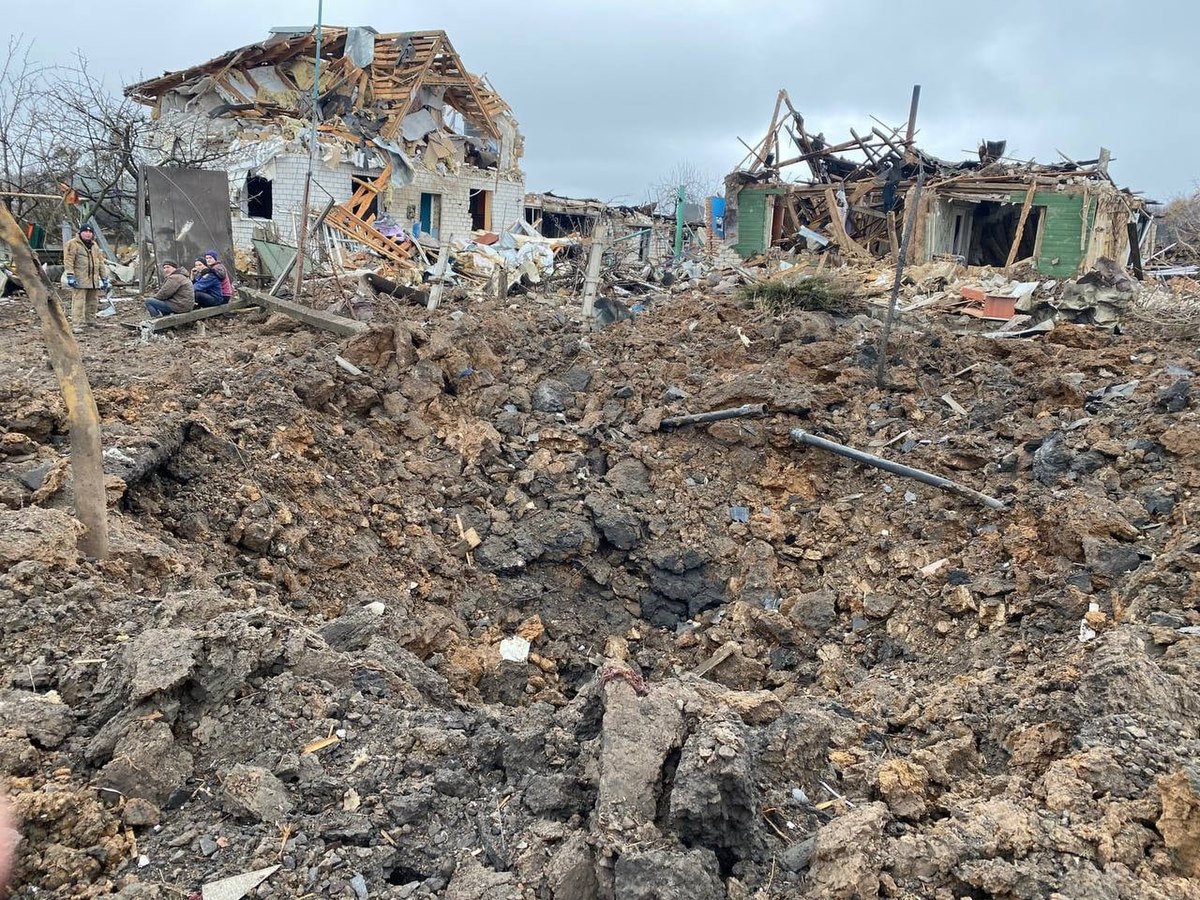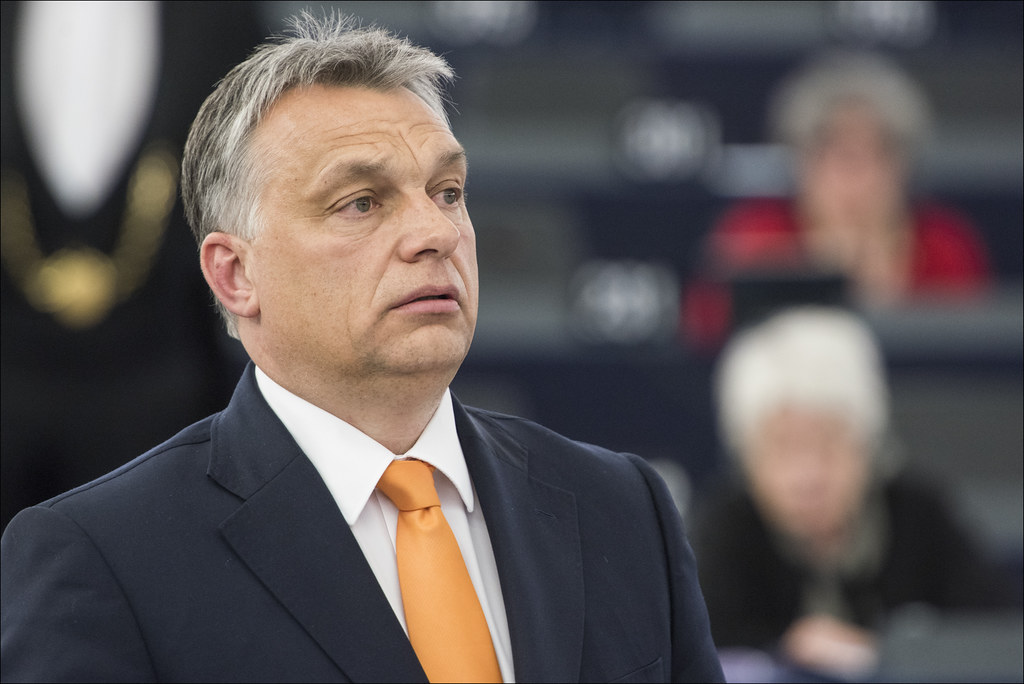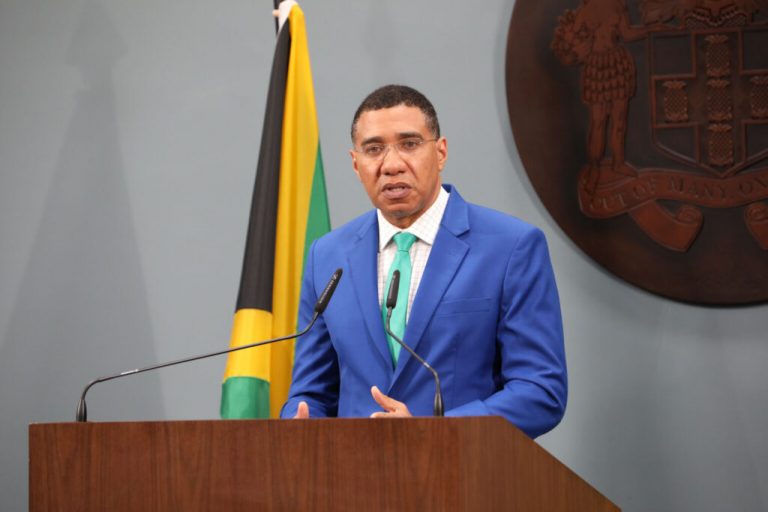Anti-government protest continue in Ecuador as President declares state of emergency
The national strike called by the Confederation of Indigenous Nationalities of Ecuador (CONAIE) reached 12 days of protests on Friday, condemning the economic policies of Ecuador's President Guillermo Lasso.
The Indigenous leader Leonidas Iza on Tuesday demanded – among other things – that the government repeal the state of emergency decree and remove the military and police presence around places where protesters have gathered in Quito, the capital.
But the minister of government on Wednesday said the government could not lift the state of emergency because it would leave “the capital defenceless”.
“This is not the time to put more conditions, it is not the time to demand greater demands, it is the time to sit down and talk, we are on the 10th day of the strike,” Francisco Jiménez told a television network. “And we can’t keep waiting, the capital can’t keep waiting, the country can’t keep waiting.”
Four Protestors have been killed in clashes with state forces. According to the Alianza de Organizaciones por los Derechos Humanos, up to Wednesday, there were 49 incidents of human rights violations, three deaths, 92 wounded, 94 detentions and four disappeared. CONAIE indicated that the forth protestor died from "penetrating trauma to the thorax and abdomen caused by pellets"
The demonstrations led primarily by the Indigenous organization Conaie, began early in June to demand that gasoline prices be cut by 45 cents a gallon to $2.10, price controls for agricultural products and a larger budget for education.
Following the declaration of a national strike, Lasso declared a state of emergency across several regions in Ecuador, with state forces targeting indigenous people.

